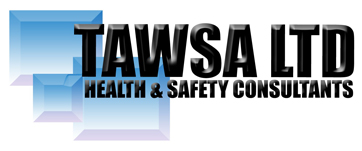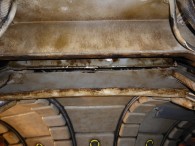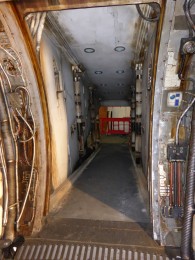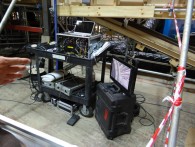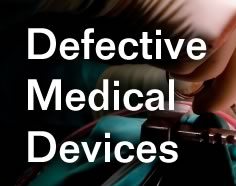Research has shown that just cutting two valley roof tiles in-situ in each daily shift (about fifteen minutes of work in eight hours) resulted in the operator being exposed to levels above the occupational exposure limit for respiratory crystalline silica (RCS). Colleagues working close by were also placed at risk. The research findings led to a change in working practices in the construction sector.
Read the case study to find out what this means for you
To receive other updates like this, please subscribe to HSL’s eBulletin on Exposure Assessment and Control.
